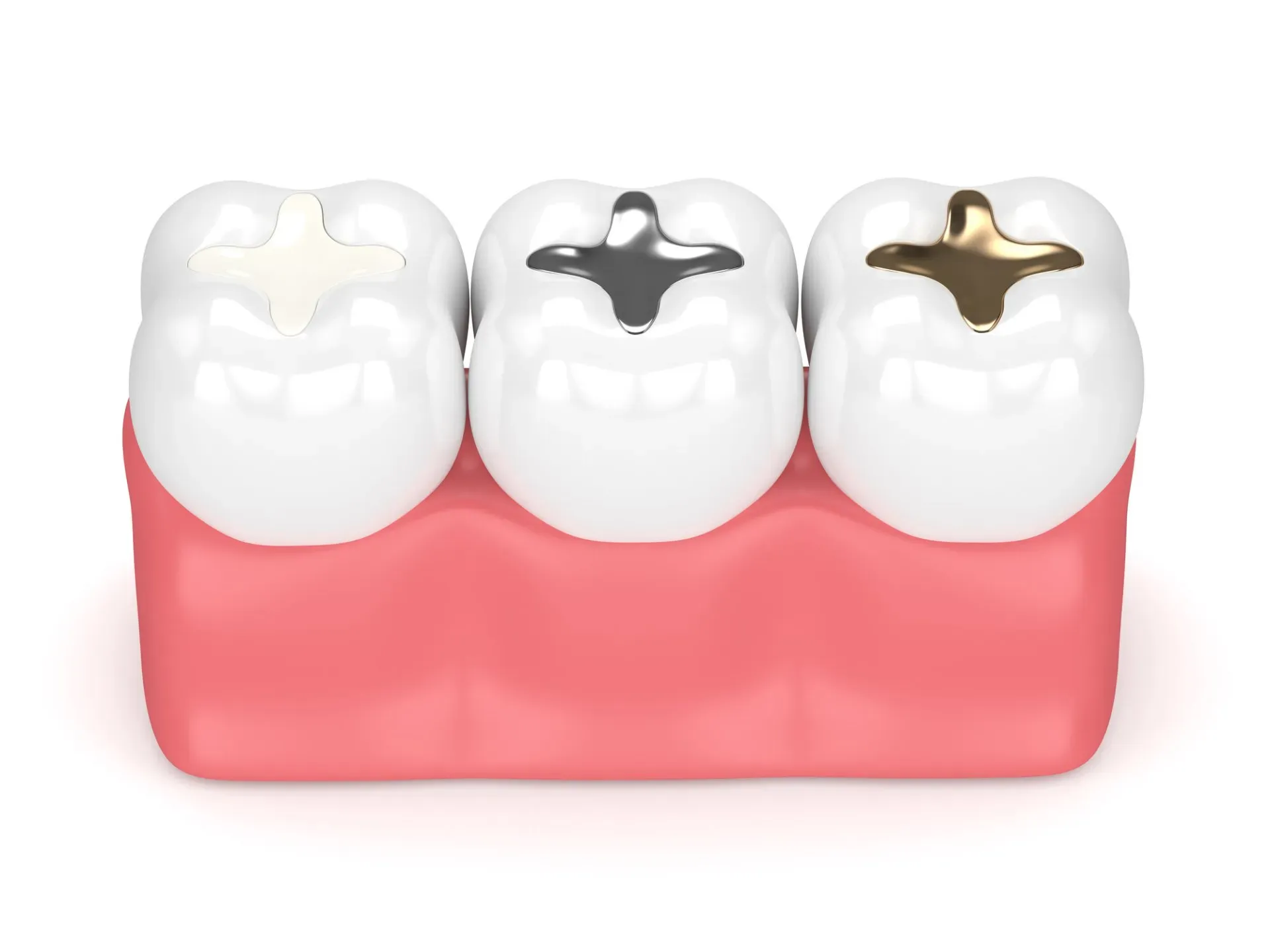Dental Sealants: An FAQ
Approximately 91 percent of Americans over the age of 20 have at least one cavity. Children can also find themselves highly vulnerable to cavity development in baby teeth and permanent teeth alike. Cavities occur when acids from bacteria eat holes in the tooth enamel, potentially infecting and damaging the tissues within.
If you want to protect yourself and your loved ones against cavities, you should learn about the benefits of dental sealants as a useful complement to proper brushing and flossing. Check out the answers to some frequently asked questions about this smart form of preventative care.
What Do Dental Sealants Do?
Dental sealants provide a long-term barrier between tooth enamel and bacteria, acidic substances, and other potential threats. Dental sealants on a tooth can reduce that tooth's chances of decay for however many years the sealants remain intact.
How Does a Dentist Apply Sealants to Teeth?
Dentists typically apply dental sealants to the chewing surfaces of the premolars and molars toward the back of the mouth. These teeth receive the lion's share of exposure to food particles, which combine with saliva to form the plaque that attracts bacteria.
Your dentist will clean and dry your teeth while also applying an acidic substance to your back teeth that roughens up their enamel (which will enhance the sealant's bond). Finally, the teeth receive a thin liquid layer of plastic, which cures and dries rapidly to create an airtight seal.
Why Should Children Receive Dental Sealants?
Children may have a special need for dental sealants, especially early in life. Younger children may not have mastered the art or discipline of brushing and flossing effectively. The sealants help to compensate for any sloppiness or inconsistency in dental hygiene that might promote cavities in baby teeth or new permanent teeth.
Older children can benefit from dental sealants as well. These kids do not always consume tooth-healthy foods, suffering a relatively high risk for tooth decay from regular sugary, acidic candies and sodas. School-aged children with sealants get significantly fewer cavities than those without sealants.
When Do Dental Sealants Make Sense for Adults?
While it makes sense to start protecting your teeth with sealants as early in life as reasonably possible, you can still benefit by getting sealants in adulthood. Your enamel still needs all the anti-cavity protection it can get, even if you practice excellent dental hygiene and avoid sugary or acidic foods.
Bear in mind that tooth enamel naturally gets thinner with age. The thinner your tooth enamel, the more vulnerable to decay and damage your chewing surfaces will become. Dental sealants can give your teeth some much-needed extra resilience to help make up for this loss of enamel thickness.
How Much BPA Do Dental Sealants Contain?
You might understandably feel concerned over the fact that the plastic used for dental sealants contains an industrial chemical known as bisphenol A (BPA). Researchers have linked significant exposure to this substance with certain health disorders such as diabetes, heart disease, and obesity.
Fortunately, you have nothing to worry about regarding the BPA in dental sealants. Any actual BPA exposure occurs only in the first few hours following the application of the sealants. The exposure itself amounts to less than one one-hundredth of the BPA levels in the air you breathe every day.
When Do Dental Sealants Require Replacement?
With luck, dental sealants can continue to protect your chewing surfaces for up a decade. However, they may lose their protective powers earlier than that due to premature wear or damage. Regular dental checkups enable your dentist to keep an eye on your sealants and let you know when you need to replace them.
University Dental P.A. can answer all your questions about dental sealants and apply such sealants with our customary skill. Contact us today to schedule an appointment for any member of your family.







